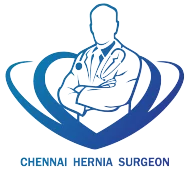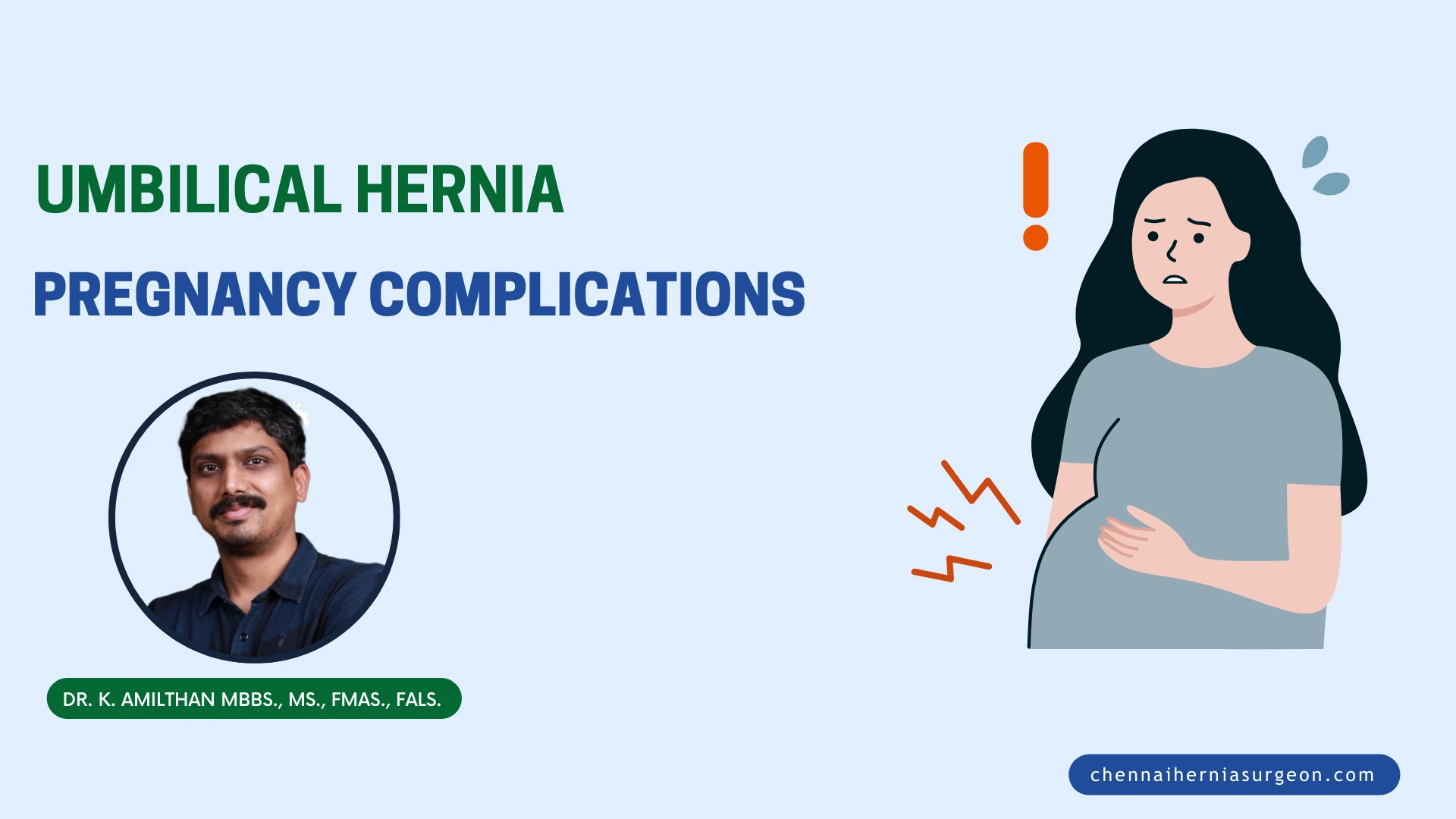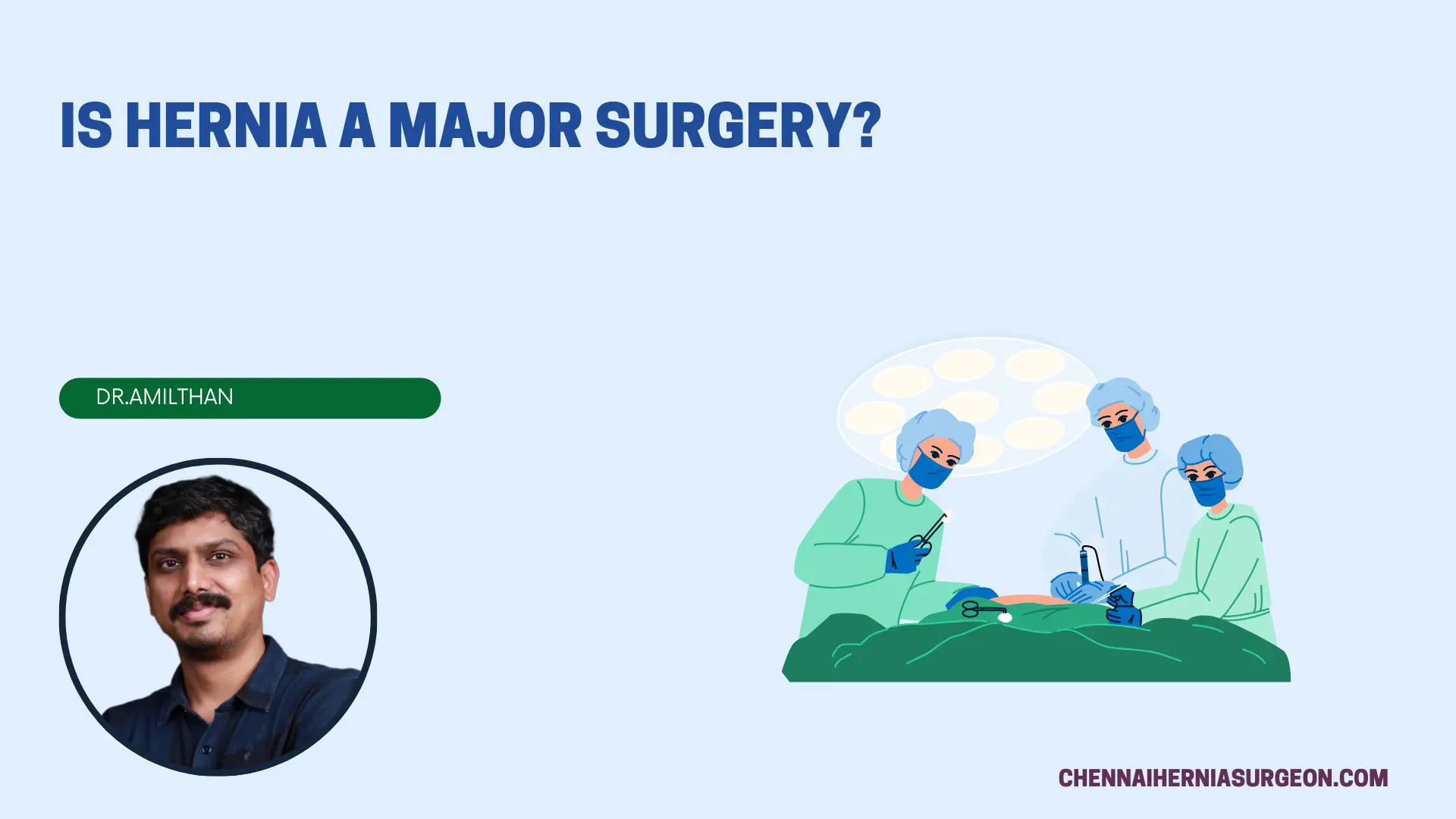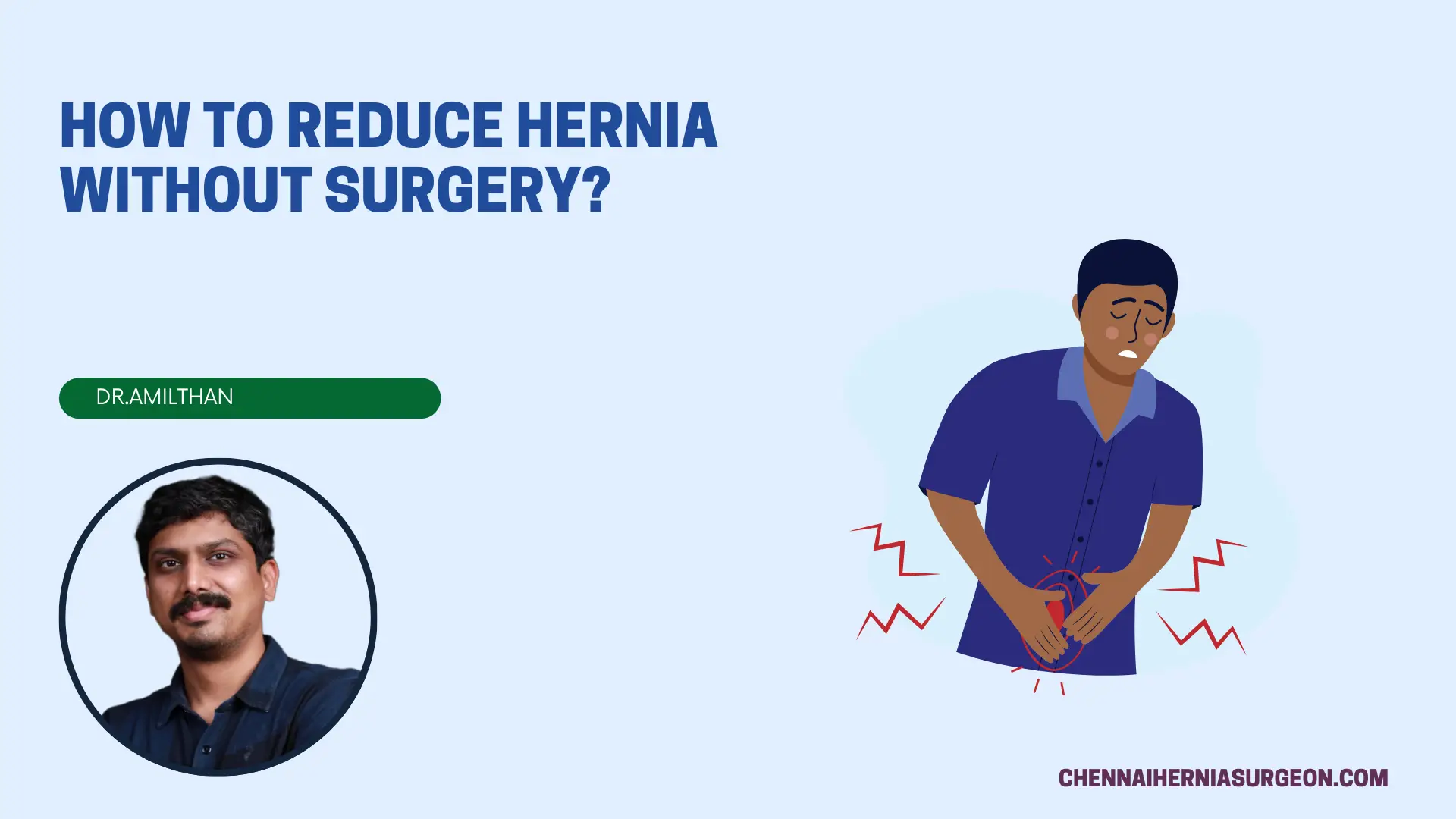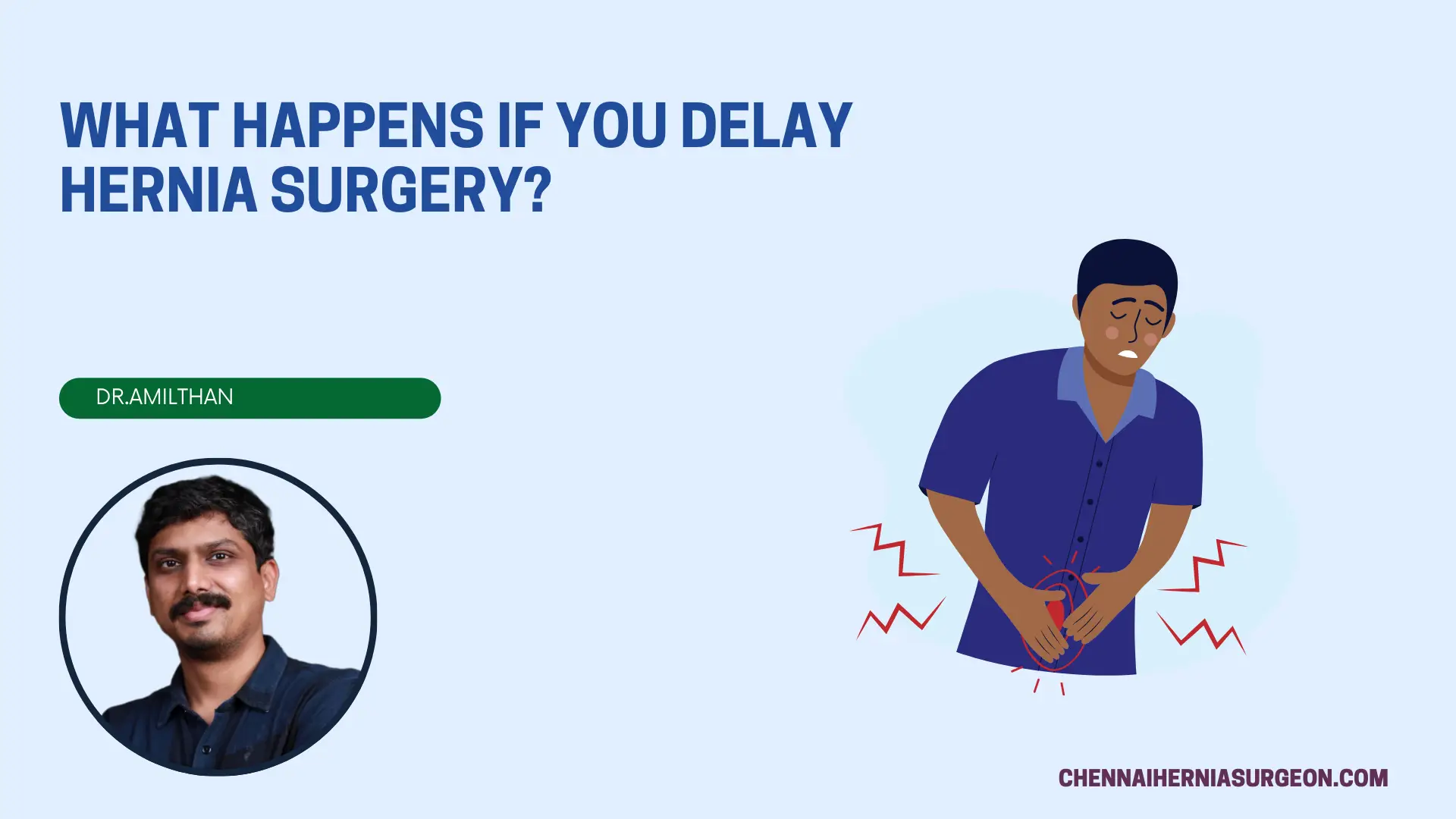An umbilical hernia during pregnancy arises due to the increasing intra-abdominal pressure caused by the growing uterus.
The hernia does not complicate the pregnancy unless it becomes strangulated, incarcerated, or obstructed. Still, the baby will be pretty safe as it is surrounded by amniotic and well-surrounded by the wall of the womb.
If you encounter any signs of hernia during pregnancy, contact your OB/GYN, followed by visiting a hernia specialist.
Umbilical Hernia Complications During Pregnancy
An umbilical hernia arises in the weak abdominal muscle spot near the navel or belly button.
An umbilical hernia is rare most of the time. But the enlargement of the uterus, especially after the first trimester may cause the surge of the umbilical hernia.
The omentum or parts of the bowels may push through the weak spot of the abdomen near or under the belly button.
Causes of Umbilical Hernia During Pregnancy
Umbilical hernias are usually present from birth in the mother. It only becomes more pronounced during pregnancy due to the increasing abdominal pressure.
Other possible reasons for umbilical hernia during pregnancy include:
- Multiple pregnancies (Having twins, triplets, etc.)
- Obesity
- Long labour
- Weak abdominal muscles
- Engaging in strenuous physical activity
- Fluid in the abdominal cavity, etc.
Symptoms of an Umbilical Hernia During Pregnancy
Some of the symptoms that indicate possible umbilical hernia during pregnancy include:
- Popped out belly button
- Bulge near the navel
- Discomfort in the area of the bulge
- Nausea
- Vomiting, etc.
A popped-out belly button, often called an “outie,” is common during the second and third trimesters of pregnancy. It does not cause any trouble until it turns into a hernia.
Also, nausea and vomiting may be misunderstood for pregnancy symptoms. However, if there persists pain in the region surrounding your navel with a reducible or irreducible bulging in that area, it can be confirmed as an umbilical hernia.
Complications and Risks of an Umbilical Hernia During Pregnancy
The risk of an umbilical hernia during pregnancy is higher for the mother than for the baby. The umbilical hernia can hinder the process of digestion and cause constipation. With indigestion and constipation, the pressure on your abdominal wall will begin to increase alongside troubling your pregnancy.
An umbilical hernia is manageable if it is mild or pain-free and does not disturb pregnancy. When the hernia gets large and complicated you may have to look for hernia repair options as a serious hernia can harm you.
Although the umbilical hernia may not harm your baby directly, the baby’s health is dependent on yours. So, try to address the hernia issue as soon as possible.
Treatment for an Umbilical Hernia During Pregnancy
Most of the time hernias are not repaired during pregnancy. If you develop an umbilical hernia during pregnancy, you may be advised to take up a hernia repair after childbirth. In case of mild hernias, you can plan a hernia repair after recovering from childbirth.
If your hernia gets serious during pregnancy, you may have to take up the hernia surgery. A hernia repair surgery is normally done during the second trimester. Doctors also suggest repairing the umbilical hernia via a C-section procedure during childbirth.
Ways to Avoid Umbilical Hernia During Pregnancy
If you are diagnosed with an umbilical hernia even before pregnancy, it is only good to repair it before getting pregnant. Also, an umbilical hernia can recur, especially during pregnancy.
To avoid umbilical hernias during pregnancy you can:
- Do low-impact exercises like walking, stretching, etc.
- Eat an appropriate diet to prevent constipation
- Use hands to control a hard sneeze or cough
- Use support while getting up from sitting or lying down.
- Avoid lifting heavy objects, etc.
Conclusion
Umbilical hernias during pregnancy can be discomforting. If you sense any symptoms of an umbilical hernia, contact your obstetrician as soon as possible.
Pregnancy is when you must carry yourself carefully and avoid all physical pitfalls. But when you face any discomfort, it is better to consult your doctor rather than self-medication or be involved in medically disapproved practices.
In case of an umbilical hernia during pregnancy, your obstetrician and hernia surgeon will closely monitor the progress of your hernia and decide whether or not to operate upon it during pregnancy.
Umbilical hernias resolve after childbirth. If it does not resolve on its own, you can opt for surgery after childbirth.
To know more about umbilical hernias and how to deal with it during pregnancy, contact a hernia specialist.
